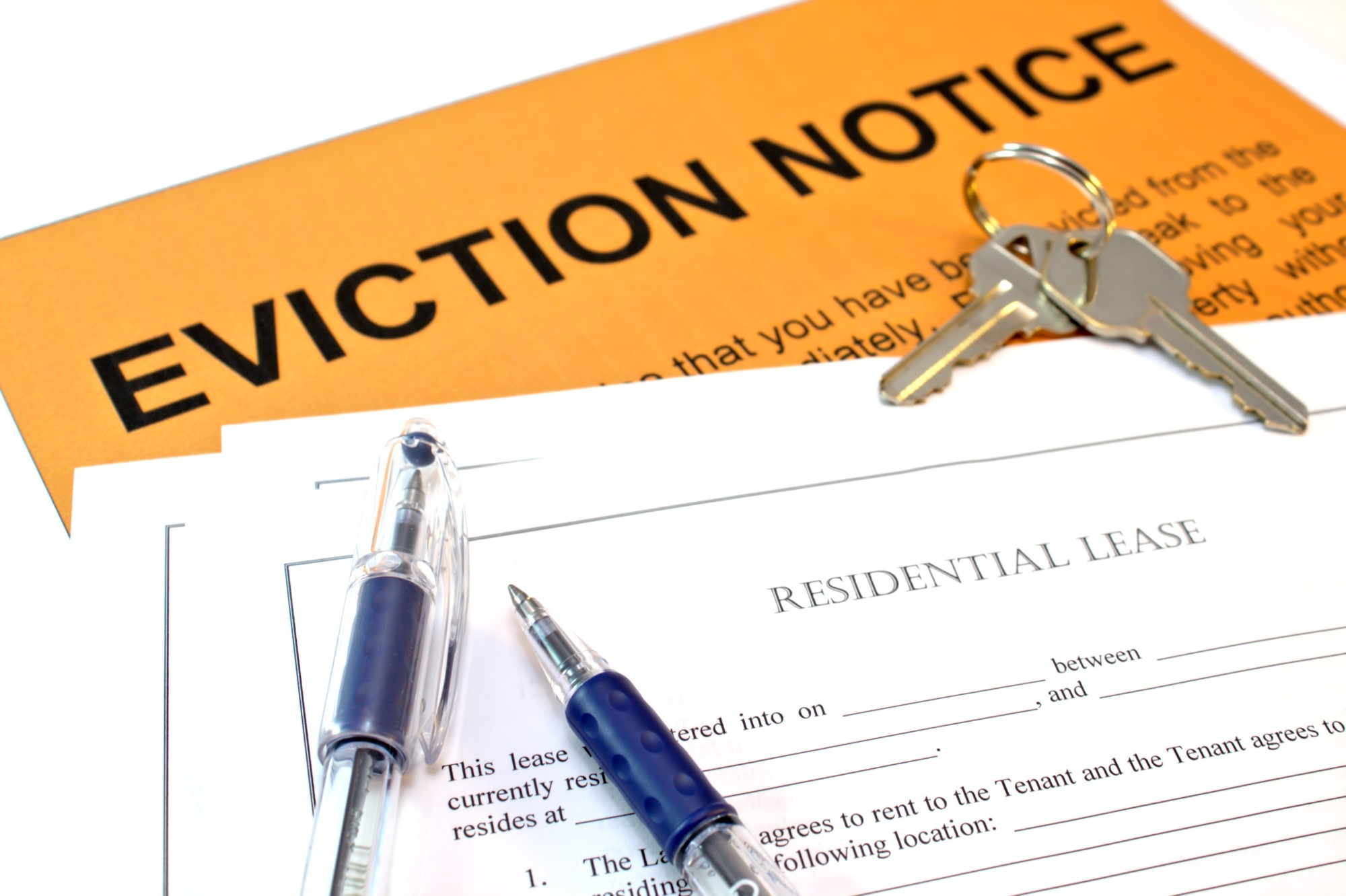Evicting tenants is an unpleasant but sometimes necessary part of property management. Finding great tenants is the first step to success, but sometimes it's easier said than done.
Have your tenants stopped paying rent? Have they violated their lease agreement or begun performing illegal activities on your property? These are solid reasons to start the eviction process, but you'll need to learn about the Eviction Protection Declaration before you get started.
Read on as we take a closer look at the Eviction Protection Declaration, how it may protect your tenants, and what you can do to avoid the legal repercussions of violating this order.
What Is the Eviction Protection Declaration?
The Eviction Protection Declaration is an order released by the Center for Disease Control protecting tenants from eviction during the Covid-19 pandemic. Because of the Covid-19 pandemic, many tenants cannot pay their rent or pay on time. The Eviction Protection Declaration prevents landlords and property managers from evicting tenants when tenants fail to pay rent.
How Does It Work?
If a tenant provides a signed copy of the Eviction Protection Declaration to their landlord or property manager, the declaration protects them by law from being evicted from their home. This protection stands until the date determined on the Eviction Protection Declaration form.
Tenants must try to pay rent and follow all other terms in the lease agreement, but the landlord cannot evict them for failure to pay their rent. The Eviction Protection Declaration is a sworn testimony. This means the declaration is void if the tenant falsifies, misleads, or omits information, and the tenant can be prosecuted for a fine or jail time.
Who Does the EPD Protect?
Any tenant who qualifies for protection may submit the declaration to their landlord or property manager. To qualify, a tenant must meet one of the following:
- Tenant received a stimulus payment in 2020 or 2021
- Tenant was not required to report income to the IRS in 2020
- In 2020, tenant earned less than $99,000 as a single filer or less than $198,000 as a joint filer
To qualify, a tenant must also confirm that they cannot pay rent for one of the following reasons:
- Household income has been reduced substantially
- Tenant has been laid off from work
- Tenant's work hours or wages have been reduced
- Tenant has extraordinary out-of-pocket medical expenses
If a tenant meets at least one requirement from both lists, they qualify for the Eviction Protection Declaration.
Can I Still Evict Tenants?
After receiving an Eviction Protection Declaration from the tenant, the landlord or property manager may not take any action against tenants because of failure to pay rent. Landlords may not remove or cause the removal of tenants from the property except for specific reasons listed in the declaration.
The landlord must respect equal housing rules while continuing to rent to the tenants. The landlord or property manager can still evict tenants for reasons other than failure to pay rent. These reasons may include:
- Violating any part of the lease agreement
- Expiration of lease
- Property damage
- Falsifying, misleading, or omitting information on the declaration
- Conducting illegal activities on the property
If your tenants are protected under an Eviction Protection Declaration, you may face legal repercussions if you attempt to evict them anyway. Landlords face a fine of up to $100,000 for evicting tenants, and more if the eviction results in the tenant's death. Property organizations face greater fines: up to $200,000 for each eviction case.
The TLDR on EPD
The CDC enacted the Eviction Protection Declaration during the Covid-19 pandemic. It protects qualifying tenants from eviction if they fail to pay their rent. The landlord or property manager must accept and honor an Eviction Protection Declaration unless the tenant violates some other part of the lease agreement.
Did you enjoy this article? Are you a landlord, property manager, or investor looking for the best way to screen potential tenants and avoid complications? Check out our guide on pre-screening questions for tenants!











